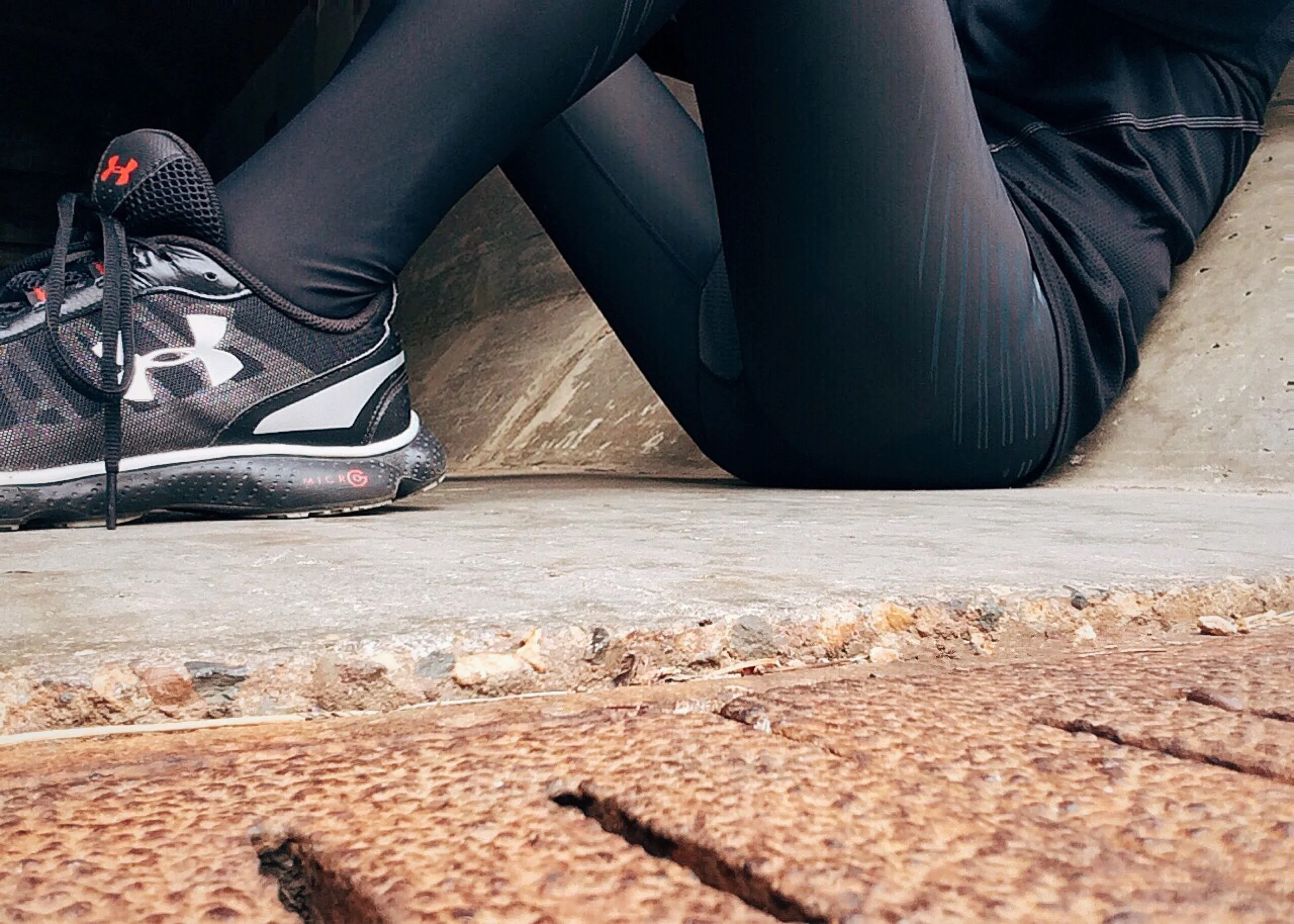Ketone Drink increases Post-exercise Muscle Recovery.
In a series of experiments showing that endurance correlated with initial muscle glycogen stores, Jonas Bergström and Eric Hultman (5) demonstrated that muscle glycogen is the key determinant of endurance exercise capacity in man, and that glycogen exhaustion critically impairs the capacity for external muscular work (4,6). The work prompted decades of investigation into the optimal dose and formulation of both carbohydrate and amino acid supplements to enhance muscle glycogen recovery. No oral, postexercise regimen in humans is superior to an intake of 1.0–1.2 g·kg−1·h−1 carbohydrate for 4–6 h (8,34).
The ketone bodies, D-β-hydroxybutyrate (βHB) and acetoacetate, are naturally occurring four carbon substrates that are synthesized in the liver from circulating fatty acids under conditions of carbohydrate restriction. Ketone bodies supply fuel to the CNS during periods of starvation (9,31). The CNS has a constant, high-energy demand and accounts for 20% of the body's resting oxygen consumption (31). However, the brain is unable to oxidize fat, in which more than 99% of the body's energy stores are to be found (11). Ketone bodies are water-soluble, thermodynamically efficient substrates that connect the brain with its most abundant energy supply (24,31,35). In addition to providing an alternative to glucose for brain, skeletal muscle, and cardiac metabolism (10), ketone bodies act as a powerful signal to conserve precious stores of carbohydrate with a switch to the more abundant energy source, fat (30). Recently, a novel, safe, and orally bioavailable ketone monoester ((R)-3-hydroxybutyl (R)-3-hydroxybutyrate) drink has been developed (13), which can elevate βHB to 5–6 mM (equivalent to approximately a week of total fasting) within 30 min of consuming a single drink (37). We have demonstrated that ketone bodies can alter fuel preference during exercise, away from carbohydrate and toward fat oxidation (14). Here we tested whether elevated βHB influences fuel handling after exercise. Studies in animals have suggested that elevated ketone bodies, in the presence of abundant glucose, have the potential to increase glycogen synthesis (25,28). This study has determined that ketones alter fuel handling after exercise in human muscle. The purpose was to test the hypothesis that exogenous ketone supplementation can increase glycogen repletion in human skeletal muscle. Conclusion: In the presence of constant high glucose concentrations, a ketone ester drink increased endogenous insulin levels, glucose uptake, and muscle glycogen synthesis.
http://journals.lww.com/acsm-msse/Fulltext/2017/09000/A_Ketone_Ester_Drink_Increases_Postexercise_Muscle.5.aspx

